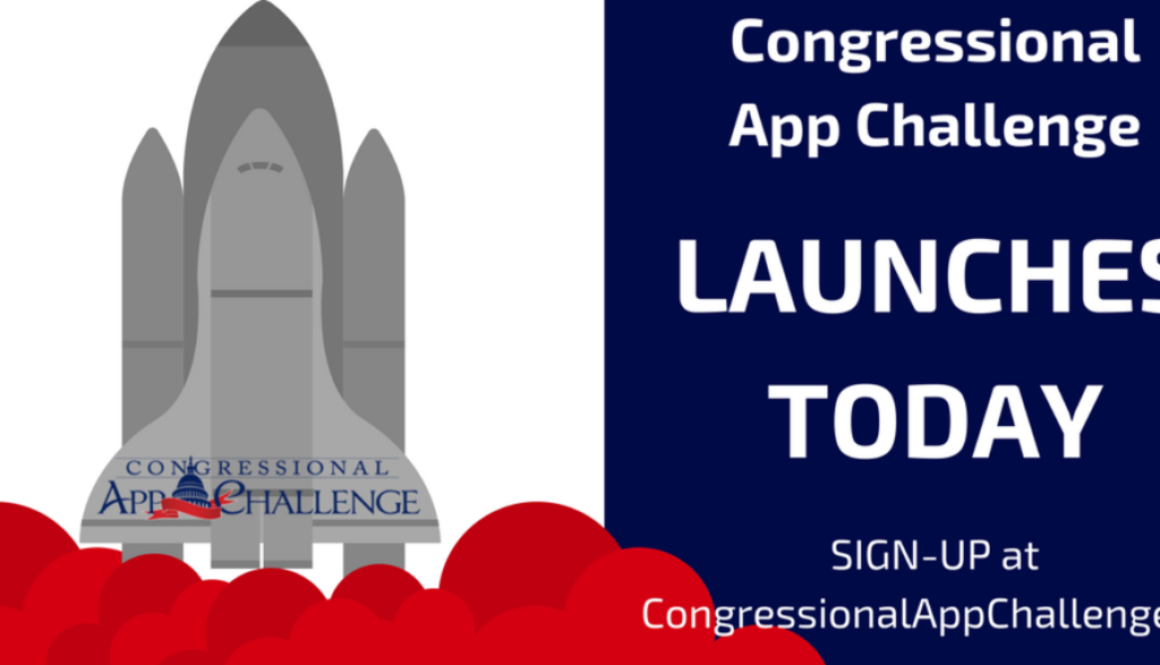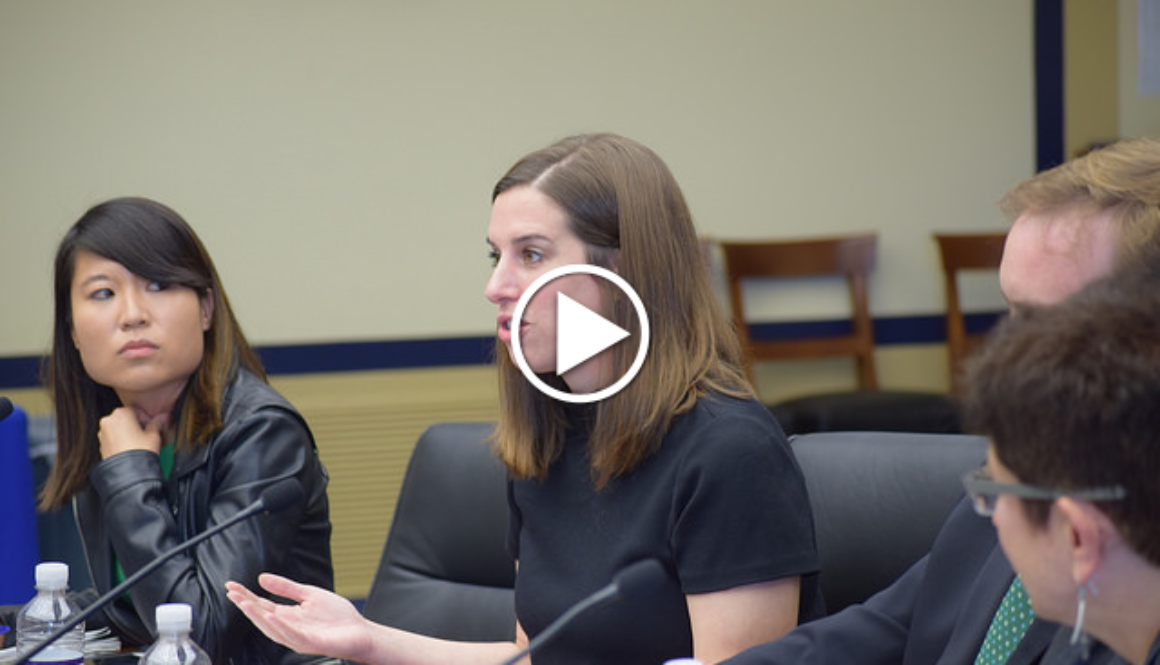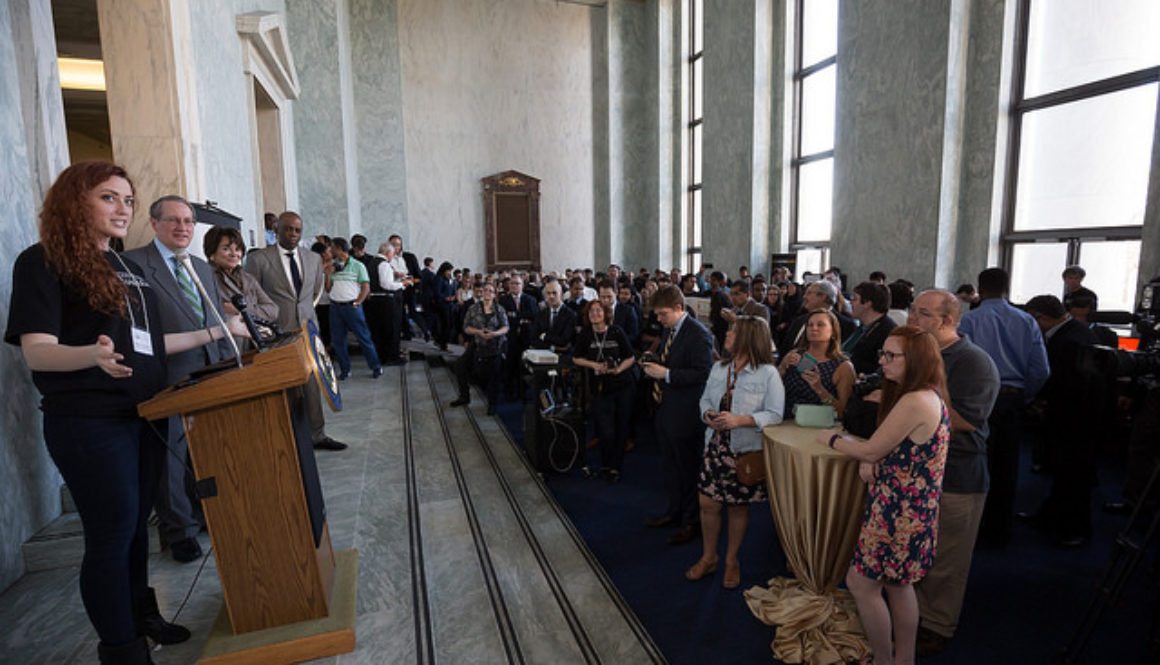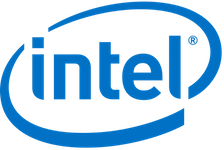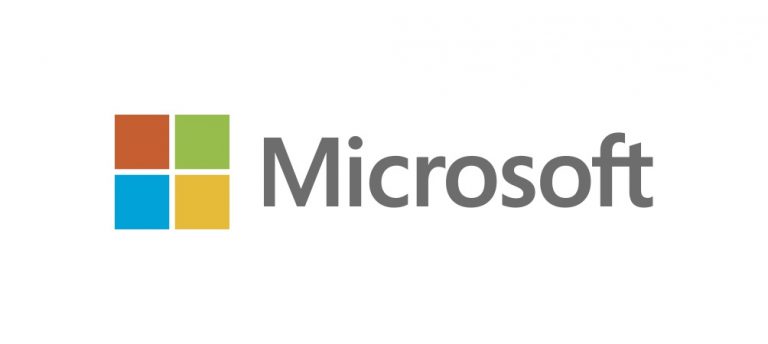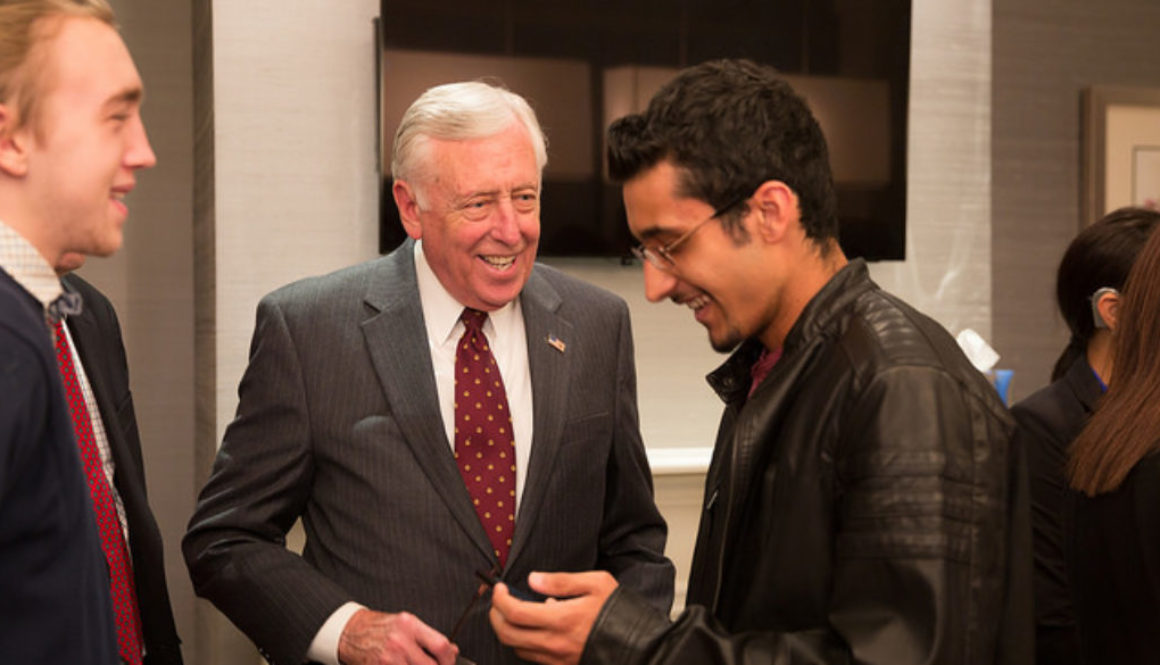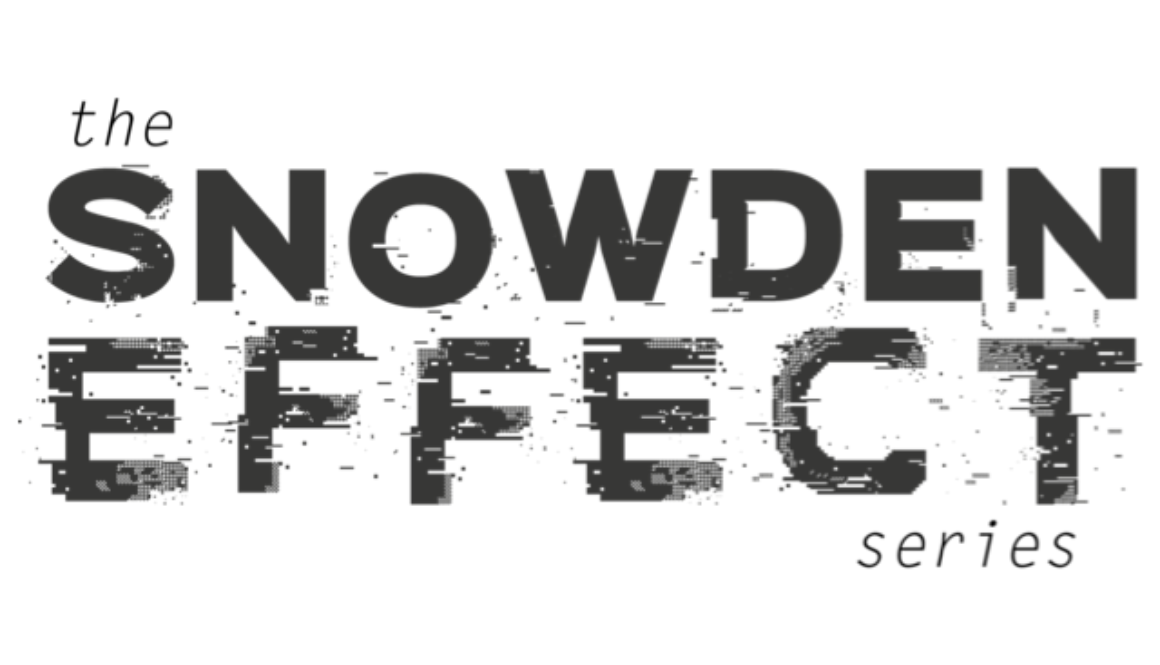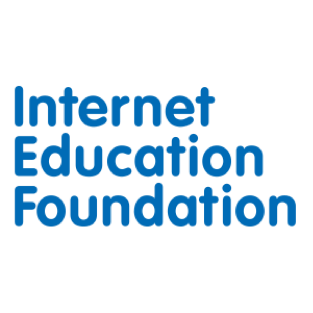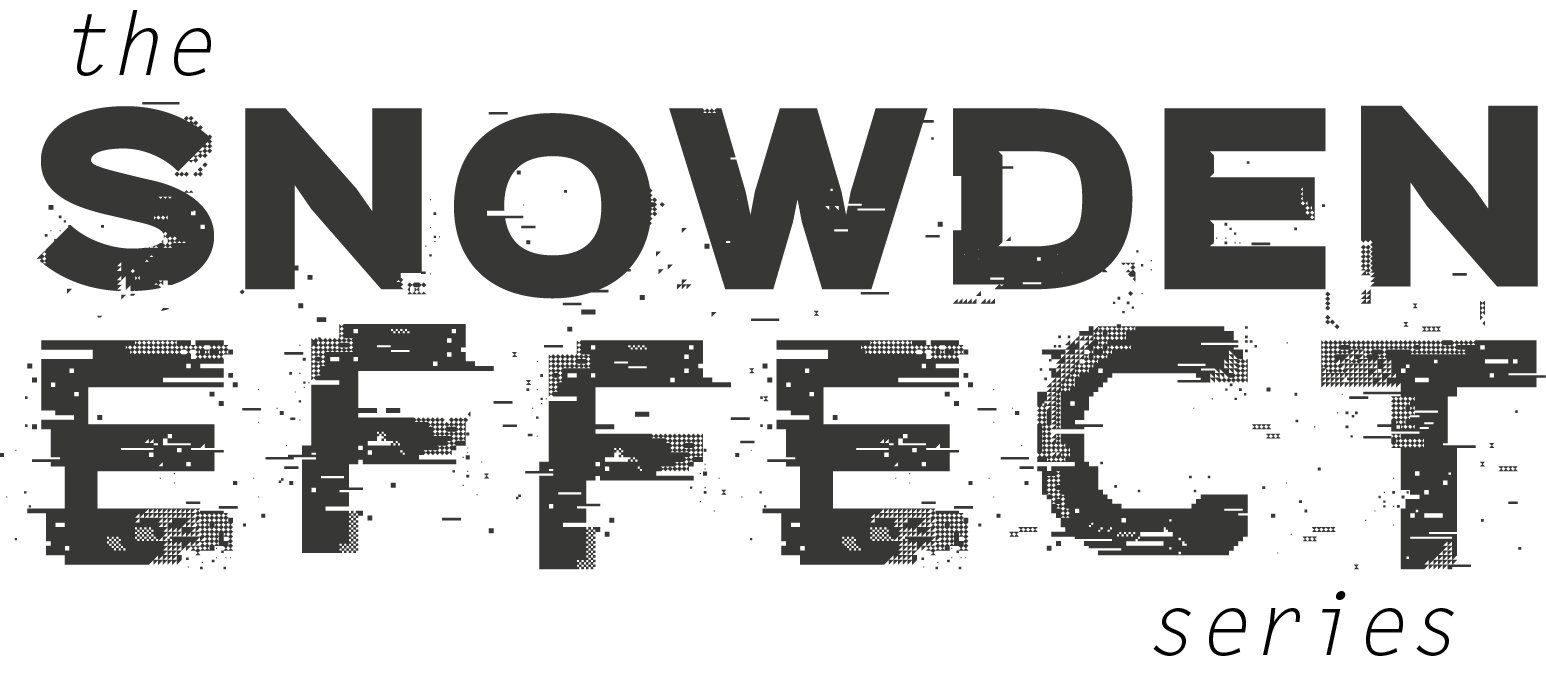Congressional App Challenge Launches Today!
Congressional Internet Caucus Spearhead Initiative To Inspire Students To Code
It begins today! The third annual Congressional App Challenge (CAC) has now launched and will run through November 1, 2017. The CAC is a congressional initiative to encourage student engagement in coding and computer science through local app challenges hosted by the Members of Congress. This year, there are over 165 Members of Congress signed upto participate!
The CAC aims to bridge the gender, geographic, and racial gaps in tech. In its first two years, the program yielded 239 challenges across 33 states. Over 1,150 apps were created by nearly 4,000 students, and participant demographics surpassed all industry diversity metrics, with young women representing 30% of all competitors. This year, the Congressional App Challenge will strive to build upon those numbers.
During the next 14 weeks, thousands of students in participating Congressional districts will create and submit their own original applications, that will be evaluated by panels of local judges.The Members of Congress will announce the winners during Computer Science Education Week in early December. Winners will be honored by their Member of Congress. More prizes will be announced throughout the Challenge.
The CAC was created because Congress recognizes how essential computer science and STEM skills are for economic growth and innovation, and that the U.S. is currently experiencing a dearth of adequately trained technical talent. By some estimates there are nearly a quarter of a million unfilled programming jobs in the US, right now. The CAC is a congressional effort to maintain American competitiveness, by proactively inspiring our youth and encouraging them to pursue these crucial skills.
The Challenge owes gratitude to Representatives Bob Goodlatte and Anna G. Eshoo, co-chairs of the Congressional Internet Caucus, who requested and supported the creation of the CAC. Challenge execution is supported by the efforts of our Advisory Board, which includes the American Indian Science and Engineering Society, the Computer Science Teachers Association, Girls Who Code, Hispanic Heritage Foundation, Capital One, and Cisco, as well as a broad coalition of CS-focused partners.
For more information about the Congressional App Challenge, please visit CongressionalAppChallenge.us. If you are interested getting involved or in supporting the Congressional App Challenge, please contact our Director, Rachel Decoste, at [email protected].
Compete in the challenge!
Want to participate in the 2017 Congressional App Challenge? Sign-up at the link below.
Sign-up here
2017 App Challenge Dates:
July 26 – Nov. 1, 2017
HUGE THANK YOU to our 2017 Sponsors!
Their contributions make the Congressional App Challenge possible

